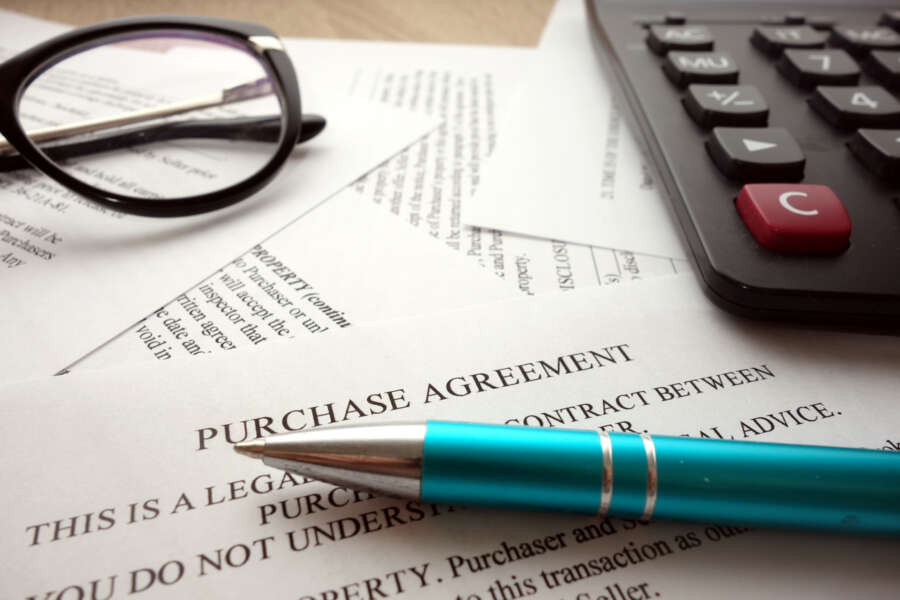

If the past few years have proved anything, circumstances can change at the drop of a hat when you own a business. Preparing for foreseeable expenses such as quarterly VAT bills, or corporation tax can be accounted for in the business plan. Unforeseen situations, like the pandemic or Brexit, can leave your businesses with serious long-term cash-flow issues, which ultimately forces some business owners to sell. In this article, Tim Peters, A Regional Partner with Business Partnership, gives his advice on how to sell a business that has started to fail due to unforeseen circumstances rather than poor performance.
Accepting that your business has started to fail is always difficult, especially when things go wrong that are out of your control. You will have thrown your full weight behind ideas and strategies to turn things around, but, unfortunately, nothing has been able to pull you back from the brink, and now there is no option other than to sell. There is, however, still hope of getting a reasonable price for your business.
Valuing a failing business
When selling any business, the first thing to do is find its value. When valuing a business that has started to fail, an excellent place to start is to find out the total cost of the business, including any required investment in equipment or refurbishment of the building. This is an entry point for anyone interested in that business. If you own a retail store, for example, the good news is your unit may be more valuable than you realise, as good contracts and well-maintained equipment or other similar assets can help the price of a business.
If the business you are trying to sell is growing and the turnover is increasing but currently unprofitable, you will need to provide some forecasts to show that the future is looking better. Suppose you are facing temporary issues, such as roadworks which reduced footfall to the business but is expected to recover to previous profit levels soon. In that case, you might take a 15 per cent discount from your valuation. You will then be expected to provide historical accounts and fully explain the situation to give the buyer a full understanding of the circumstances. I recommend researching your industry and finding out what other struggling businesses have sold for.
How to maximise your sale price
To ensure you succeed in negotiating the sale of your failing business and get the very best deal, it is crucial to have all the necessary skills required to close your sale. Selling a business is a process that takes finesse and sensitivity, as well as grit.
Despite you being on the back foot when selling a failing business, you should never let on. First, I recommend you set out clear negotiating goals for selling your business to help you answer critical questions and guide your negotiations when selling. Then put together a negotiation strategy. By being proactive and planning a strategy, you will stay ahead of the curve. Also, when in communication with a buyer, despite the fact that you need to sell, make it clear you are willing to walk away from a deal if it is not up to scratch. As well as this, always try to lead the discussions. This way, you will be in the driver’s seat throughout the sales process.
It is also crucial to ensure you know your numbers and everything about your accounts. Have you ever seen Dragons’ Den when the person pitching cannot remember their figures? Never be that person. A prospective buyer usually requests to see records of three years’ worth of trading, so even if it’s a while off selling, make sure your accountant can advise on how best to present statements. Items of interest could be increased profits, a consistent but varied client base, and regular revenue growth.
Finally, when it comes to selling your business, believe in yourself! Your business has not started failing because you are a bad owner; it started failing because of events no one could predict. If you are not upbeat, positive and, most importantly, passionate about your business, it might be more difficult to sell. Keep in mind all your business’s best assets and ask yourself what would interest your prospective buyer. Following these tips, you should have no problem maximising the sale price. Good luck!
There is a lot more to the art of selling a business that has started to fail due to unforeseen circumstances than just hanging a price tag on it and hoping for the best. To find out more, please visit: www.business-partnership.com


